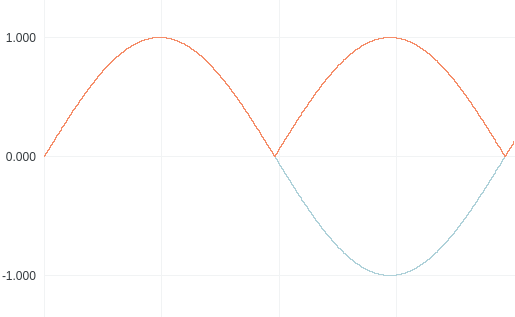AbsOperator Class
(Automation::AbsOperator)The AbsOperator returns absolute value of its input. More...
| Header: | #include <AbsOperator> |
| Inherits: | CDPOperator<T> |
Public Functions
| AbsOperator(const CDPPropertyBase &in) |
Reimplemented Public Functions
| virtual unsigned int | Process() override |
- 18 public functions inherited from CDPOperator
- 18 public functions inherited from CDPOperatorBase
- 50 public functions inherited from CDPBaseObject
- 27 public functions inherited from CDP::StudioAPI::CDPNode
- 22 public functions inherited from CDP::StudioAPI::ICDPNode
Additional Inherited Members
- 1 public variable inherited from CDPOperatorBase
- 1 static public member inherited from CDPBaseObject
- 1 protected function inherited from CDP::StudioAPI::CDPNode
- 8 protected variables inherited from CDPOperator
- 5 protected variables inherited from CDPOperatorBase
- 10 protected variables inherited from CDPBaseObject
Detailed Description
The AbsOperator returns absolute value of its input.
Arguments
| Name | Description |
|---|---|
| In | The default input value. |
| Out | The default output value. |
When operator is used inside a signal its default input is automatically tied to signal's InternalValue or previous operator's output. Its default output is automatically tied to next operator's input or to signal's Value. See also CDP Operator Usage In CDP Signals.
Example
Below is an example plot with Sine signal (cyan) and the same signal with AbsOperator() applied (orange):

Actual Processing Code of the AbsOperator
unsigned int AbsOperator<T>::Process() { T inputValue = (T)m_input; if (inputValue < 0) m_output = - inputValue; else m_output = inputValue; return STATUS_OK; }
See also Argument.
Member Function Documentation
AbsOperator::AbsOperator(const CDPPropertyBase &in)
Default constructs an instance of AbsOperator.
[override virtual] unsigned int AbsOperator::Process()
Get started with CDP Studio today
Let us help you take your great ideas and turn them into the products your customer will love.